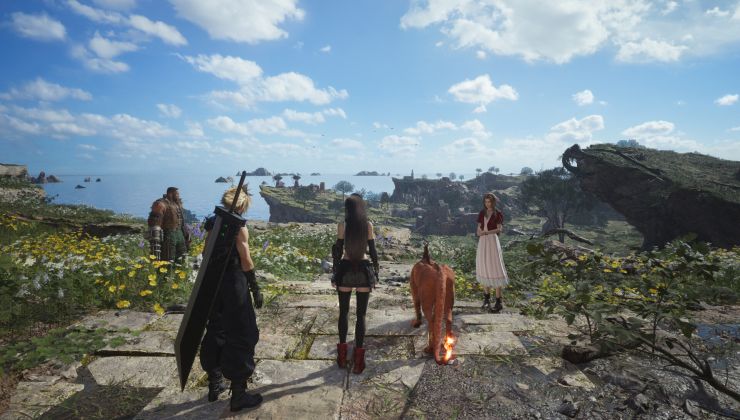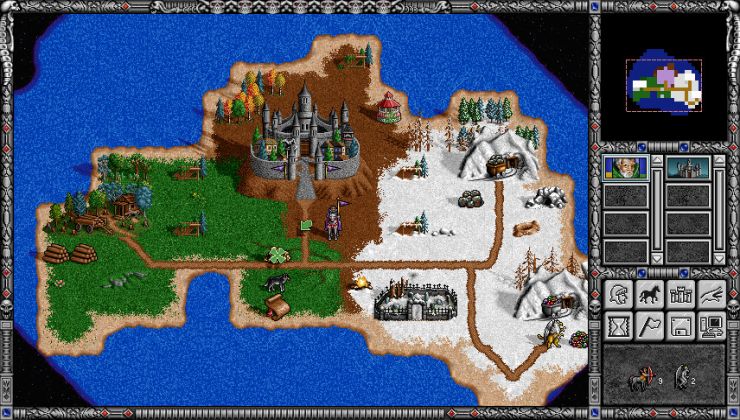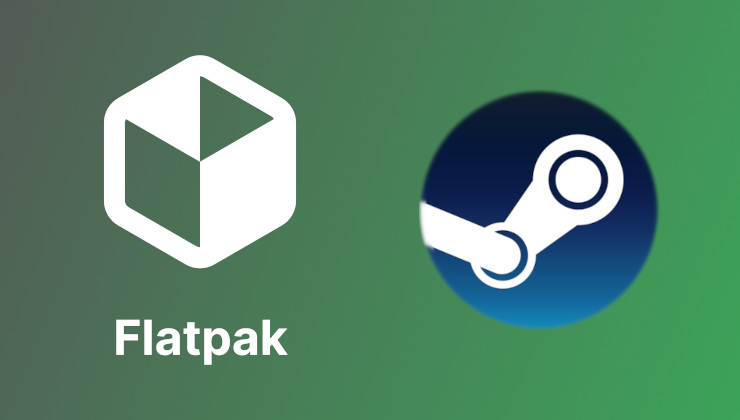Doing the rounds across the net right now is a small update to the Steam checkout process when you're making a purchase, to make it clear you don't own what you buy.
Valve added a note (I don't entirely know when), to mention how "A purchase of a digital product grants a license for the product on Steam" with a link to the Steam Subscriber Agreement. As you can see in my shot below taken today when testing a purchase:
Of course, there's already a lot of misinformation going around about this from people on social media. To remind everyone: this has always been the case. The Steam Subscriber Agreement says (if you bothered to read it, you all read agreements right?) "The Content and Services are licensed, not sold. Your license confers no title or ownership in the Content and Services".
So while this has always been the case, it is still somewhat buried because most people just quickly scroll through these things to get access to what they want. At least now, Valve has put it upfront every time you make a license purchase on Steam.
Why is all this happening now? You can likely thank a new California law on this (AB 2426) that is summarised as:
Existing law makes it unlawful for any person doing business in California and advertising to consumers in California to make any false or misleading advertising claim. Existing law makes a person who violates specified false advertising provisions liable for a civil penalty, as specified, and provides that a person who violates those false advertising provisions is guilty of a misdemeanor.
This bill would, subject to specified exceptions, additionally prohibit a seller of a digital good from advertising or offering for sale a digital good, as defined, to a purchaser with the terms buy, purchase, or any other term which a reasonable person would understand to confer an unrestricted ownership interest in the digital good, or alongside an option for a time-limited rental, unless the seller receives at the time of each transaction an affirmative acknowledgment from the purchaser, or the seller provides to the consumer before executing each transaction a clear and conspicuous statement, as specified. By expanding the scope of a crime, this bill would impose a state-mandated local program.
GOG took the opportunity to jump into this as well on Twitter / X with a post suggesting they will be adding a note onto their checkout process too, to say that their offline installers they offer cannot be taken away from you:
The new law doesn't seem to actually affect GOG, since in the main bill text it does specifically note it does not apply if they have access to a permanent offline download. However, it should be noted GOG also sell you a license as per their own terms. So while the new bill may not apply to them, this little jibe only really properly works if people are backing up all of their GOG purchases. Since you only get a license, rights holders could still technically get GOG to entirely remove them.
I should also note that this situation is the same for most physical media too, it's not a digital distribution only issue for consumers. Much like GOG's offline installers, you have access to your physical media whenever you want, but you still only get a license for the media you have on disc - you do not own it.
Over to you in the comments, what are your thoughts?
All this license talk makes me miss the days of playing games without worrying about losing access to them. I know GOG exist but I'm thinking more in terms of the physical media days in the PS2 era and before that didn't require network access to authenticate a license to play.You have the ability to install your games to flash drives. It's the same thing. It will be compatible with whatever created it.
Its why I still buy physical media. YES that shiny disk that has a "LICENCE" on it because I "OWN" the "DISK" and no publisher can enter my home and take that shiny disk away from me. As long as I can launch the game from the disk without an internet connection then in my eyes that is still classed as ownership but not so for a digital download.
Yes, I still buy games on Steam but I am fully aware and the amount of money i am willing to pay will be taken into consideration for that lack of ownership.
As far as i know, you still need the steam client to restore those backups
You don't need Steam client to restore if you just copy or tar a game's directory.
I have a pretty clear example of that: Witcher 3.
It's possible to launch the game by running it's original .exe file, in the Steam game folder, via Wine, and Steam doesn't launch and is not even aware of it. Ok, it's CDPR... Owner of GOG, but Steam won't prevent any devs of doing the same and that trick probably works on many games, already.
Last edited by Mohandevir on 13 Oct 2024 at 11:05 pm UTC
Which brings up an interesting legal and moral question: If I have paid for a license to download, install, and play a game on my computer, then does it really matter where I download it from?
I honestly feel like a lot of this debate is moot, because there are always less than legitimate ways to reacquire any games you may have lost access to.Legally speaking, yes. As the license is usually specific that you have to go through the company you bought the software from. Morally speaking... I would argue is completely fine (except maybe if the software in question is a different version. Like a rerelease or port)
Which brings up an interesting legal and moral question: If I have paid for a license to download, install, and play a game on my computer, then does it really matter where I download it from?
As far as i know, you still need the steam client to restore those backups
You don't need Steam client to restore if you just copy or tar a game's directory.
that defeats the point... and that method doesn't work for all games either, if its a backup its has to actually be a backup.
I honestly feel like a lot of this debate is moot, because there are always less than legitimate ways to reacquire any games you may have lost access to.
Which brings up an interesting legal and moral question: If I have paid for a license to download, install, and play a game on my computer, then does it really matter where I download it from?
IMO it doesn't since you paid for the actual content. For certain games on my steam library, i straight up torrented those and used those as a backup.
I demand we be able to print out the source code and preserve it in book form!
Books erode, we should really write it on stone in a cave somewhere, for future generations that will 100% be living in caves. lol
GOG - from what I recall - doesn't let you download content that has been removed from their storefront like how steam does, and they rely on the idea that their DRM-free policy is what makes the content always accessible to users even when they are no longer available on GOG.
I honestly feel like a lot of this debate is moot, because there are always less than legitimate ways to reacquire any games you may have lost access to.is it tho? Can you download The Crew, because to be fair the whole point of this bill was to prevent something like the Crew fiasco from happening all over. Supposedly now people are aware.
Which brings up an interesting legal and moral question: If I have paid for a license to download, install, and play a game on my computer, then does it really matter where I download it from?
Last edited by Koopa on 14 Oct 2024 at 6:34 am UTC
I honestly feel like a lot of this debate is moot, because there are always less than legitimate ways to reacquire any games you may have lost access to.In France there's a right for a private copy, which means if you paid for a copy of software that you can't find or isn't in working condition, you have the right to use whichever duplicate you want of said software. That includes your use case.
Which brings up an interesting legal and moral question: If I have paid for a license to download, install, and play a game on my computer, then does it really matter where I download it from?
That said, PC software isn't the same as console software: PC games become more difficult to run on modern hardware, and for some of them, impossible to run at all.
On the other hand, console physical copies do run indefinitely but their prices have just been skyrocketing, and the hardware will inevitably die one day.
Something that's not been talked about yet, is that when buying on Steam you support development of compatibility tools that may allow users to run titles they paid for in the future. Game licensing costs may be lost over time, but open source development that happens in the mean time thanks to Valve isn't going away.
What is ownership?
Private property.
Like your organs for example.
What is a crime against the super organism is good for you.
What is a crime against you is good for the super organism.
You cannot optimize one without hurting the other.
I demand we be able to print out the source code and preserve it in book form!
Books erode, we should really write it on stone in a cave somewhere, for future generations that will 100% be living in caves. lol
Laser Engraved Data Crystals will do just fine ;P
GOG - from what I recall - doesn't let you download content that has been removed from their storefront like how steam does, and they rely on the idea that their DRM-free policy is what makes the content always accessible to users even when they are no longer available on GOG.I still can download the og pc port of MGS2 from my GoG account, which was delisted in 2021.
Shame GOG's Linux support is rather... lacking. Wine not withstanding.
Could have fooled me as I own hundreds of Linux games from GOG. I find Steam's stance on DRM free to be lacking. I know you were trying to take a dig at GOG's lack of a Linux client but I am one of the people who don't want a client. GOG's offline installers give me exactly the experience I want.
I prefer to buy from GoG too. I've never really had a problem running them. I also like that their games use innosetup, so i can just extract and install them without them messing in my homedir. I've bought all of the turn based games (and old games) from GoG. I will probably rebuy Selaco there too if it ever makes it to GoG. Even if you want '1 click' play the ad-free free software solutions provide a faster and far superior experience to steam imo.
Books erode, we should really write it on stone in a cave somewhere, for future generations that will 100% be living in caves. lol"We have eleven... *bonk* *crumble* ... uhm.. ten, ten amendments written in stone!"
I love the Linux community overall, but some quarters therein... I rather stay out of.
















 An idiots guide to setting up Minecraft on Steam Deck / SteamOS with controller support
An idiots guide to setting up Minecraft on Steam Deck / SteamOS with controller support How to install extra software, apps and games on SteamOS and Steam Deck
How to install extra software, apps and games on SteamOS and Steam Deck
See more from me